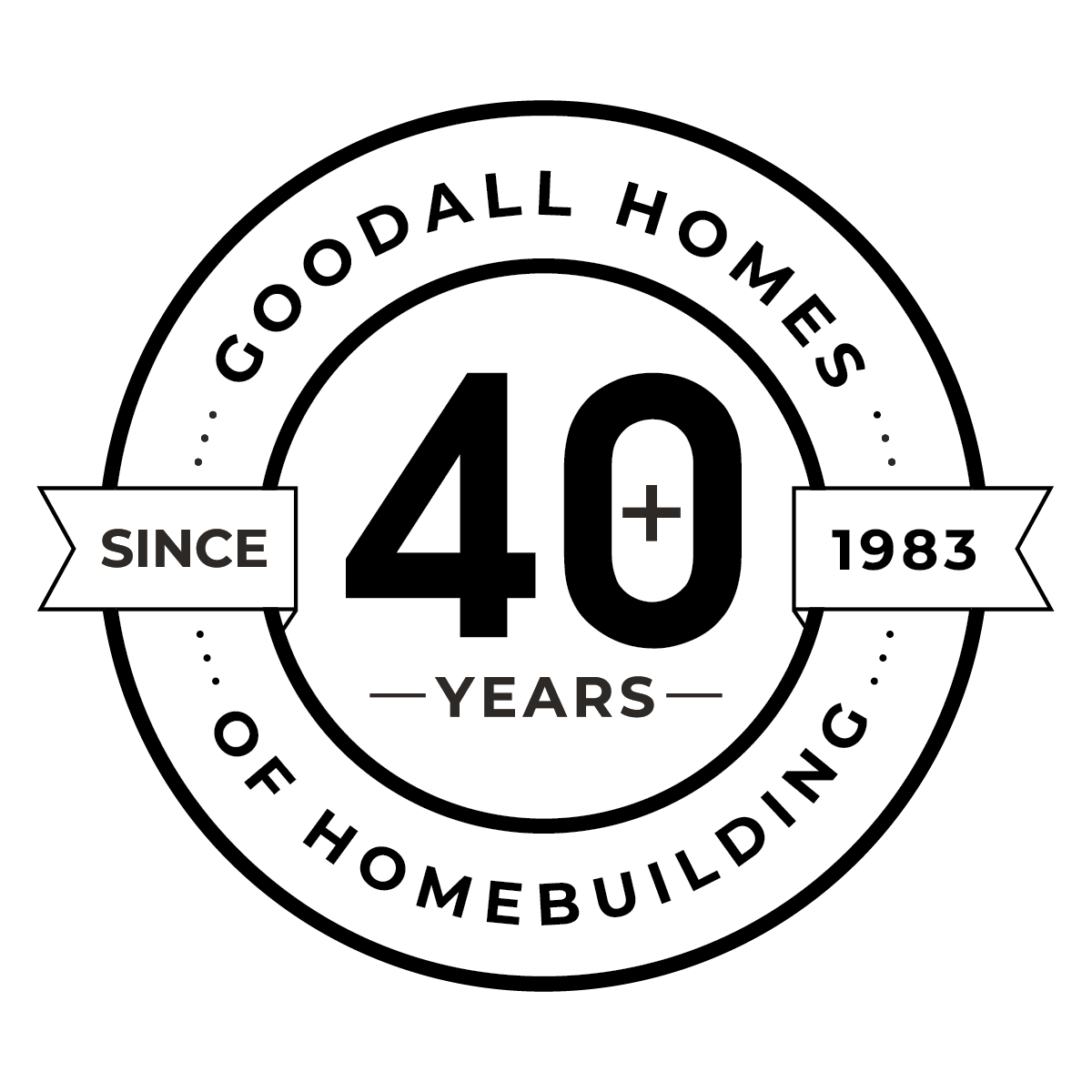The Music City dropped three notches from sixth to ninth, but the lead author of the report by consulting firm PwC and the Urban Land Institute seen no reason for alarm.
"This year two new cities made it into the top 10, and that's part of the reason Nashville moved down," said Mitch Roschelle, a PwC partner. "It's more important than anything that three years later Nashville is still in the top 10."
Salt Lake City and Fort Lauderdale moving into the top 10 for growth prospects in 2018Â reflects a more favorable view of less competitive, smaller secondary markets. The growing interest in smaller cities by real estate investors is influenced by their relative affordability, coupled with a concentration of young, skilled workers, Roschelle said.
Now in its 39th year, the Emerging Trends in Real Estate report involves 78 cities and is based on interviews and survey responses from more than 1,600 real estate experts, including investors, fund managers, developers, property companies, lenders, brokers, advisers and consultants. This year's survey was conducted before Hurricanes Harvey and Irma.
"Real estate investors who are participating in the survey are looking at 78 places where they can potentially invest and they're looking at Nashville being in the top 10," Roschelle said.
Among specific reasons for Nashville's top 10 ranking, Roschelle cites the cost of doing business being 88 percent of the national average and local growth in disposal incomes projected to be 40 percent higher than the national average over the next five years.
Like other top-ranked cities, Nashville is benefiting from a growing population of young people ages 15 to 34, Roschelle said. That group includes Millennials and some in a Generation Z demographic that's estimated to grow as much as four times the nation's average over the next five years.
Real estate investors also see Nashville having a lot of colleges and universities as attractive, with the city and others benefiting from the trend of more students of those institutions choosing to stay upon graduating.
"On a net basis, 20,000 people are expected to move to Nashville annually over the next five years and that's a very positive trend," Roschelle said.
Housing remains generally affordable in Nashville when compared to the nation, according to the report. The local median single-family home price of $250,000 is less than the nation's $255,000, while in another sign of affordability apartment dwellers here spend only 20.6 percent of their incomes on rent versus 26.6 for the country overall.
Concerns remain about a shortage of single-family homes locally and nationwide that's bordering on crisis. "First-time homebuyers are getting priced out because of the shortage," Roschelle said. "The good news on Nashville is there's a lot of apartments in the pipeline and that's a good thing."
Reach Getahn Ward at 615-726-5968 and on Twitter @getahn.







